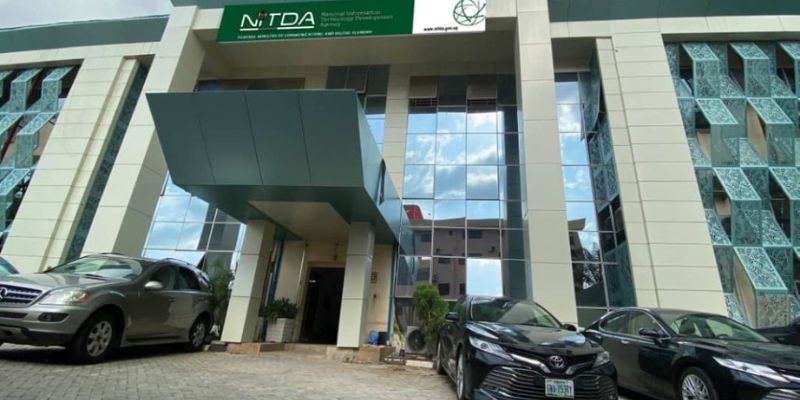The Association of Telecommunications Companies of Nigeria (ATCON) is unhappy with the controversial bill that is being pushed by the National Information Technology Development Agency (NITDA). Tony Emoekpere, its national president, says that if the bill became law, it would hurt Nigeria’s digital economy in the long run.
The Nigeria Communications Commission (NCC), which is in charge of regulating the digital economy, said that the bill aims to make the NITDA a full-fledged regulator in the digital economy.
ATCON also thinks that the bill will make the country less attractive to foreign investors. This is because they fear that it will duplicate regulatory tasks.
So, the national president confirmed that the group wouldn’t support the bill because it could “reduce capital imports into the industry and cause both local and international investors to lose confidence.”
The Association of Licensed Telecommunications Operators of Nigeria (ALTON) also told the Joint Committee of the Senate and House of Representatives on ICT and Cybersecurity that it was worried about what the bill would mean.
According to the group that wants to be left out of the bill:
“If the Bill is passed in its current state, there is a chance that the Agency, acting in accordance with the Bill, could make rules, guidelines, and standards about how to use information technology and digital services that are in conflict with the NCC’s duties. It will also mean that Nigerian telecom companies will have to follow two sets of rules that may not agree with each other.
Read also: NITDA bill not targeted at telecoms businesses – NITDA
The challenging NITDA bill is examined
The NITDA Bill’s supporters said that it would show Nigeria’s growing role in the global tech scene by getting rid of the law that made it possible in 2007. Even so, the West African country has made a lot of technological progress in recent years.
President Muhammadu Buhari signed the Nigerian Startup Act into law. This is in addition to the fact that many startups offer new goods and services.
Many industry experts saw this as a great step in the right direction, but the NITDA hasn’t been getting the same love. People from all over the country have asked that the bill be changed and that President Buhari not sign this controversial piece of legislation.
The final section, which lists the planned powers of the NITDA, might be the most troublesome part. NITDA can “implement all Government policies on information technology and digital economy,” set licensing and authorization fees, collect fees and penalties, sanction violators, invade company premises, and more.
The NITDA claims the bill’s National Information Technology Development Fund will “progress Nigeria’s digital economy goals and other related goals.” How will credit enter the fund? Section 13 (2a) requires a 1% pre-tax charge for firms making over $100,000,000. Grants, gifts, and foundations can also generate revenue.
The long-term implications
As Nigeria’s tech space continues to grow quickly, many people expect lawmakers and other stakeholders to help create an environment that is good for tech. In its current form, the NITDA bill could make Nigeria’s digital industry lose all of its progress.
Allowing an agency originally tasked with guiding the country toward digital transformation to become a regulator of regulators is unwise. Aside from this, the number of taxes and penalties for breaking the new rules doesn’t exactly scream “business friendly.”
These and other parts of the bill could give a bad impression of Nigeria. The ATCON chairman says that less money will come into the country because it is no longer a good place to invest. If the bill isn’t changed so that all of the confusing parts are taken out, the future looks bad.
Nigeria has problems with persistent inflation, a high jobless rate, and unrest in many parts of the country. The country’s economic growth should be helped, not slowed down.




